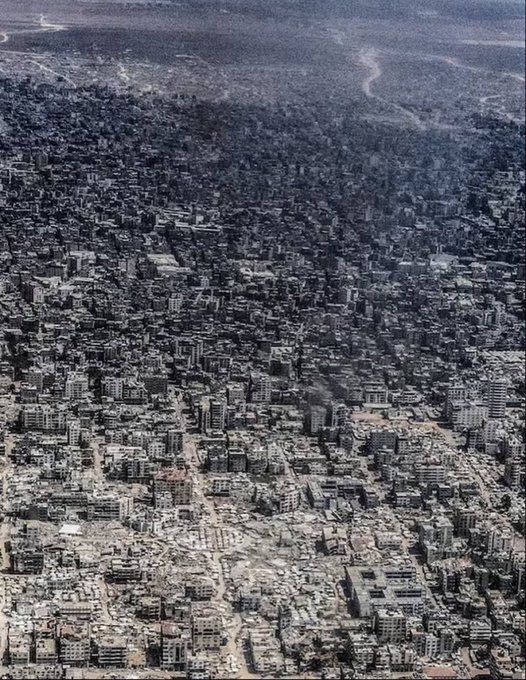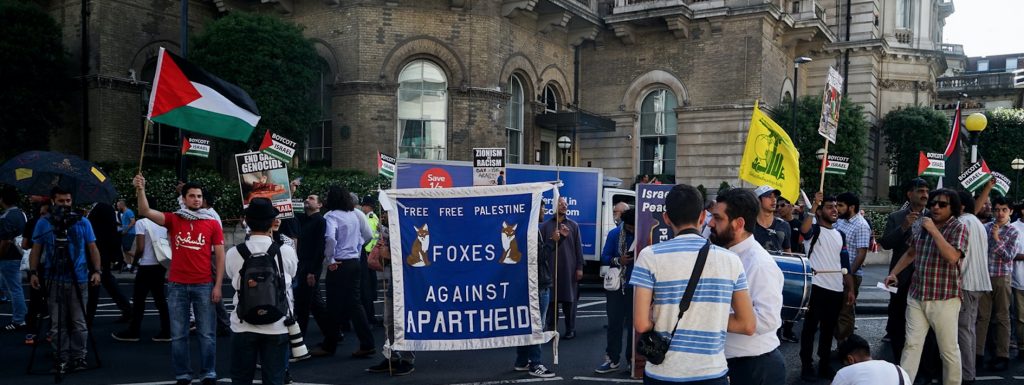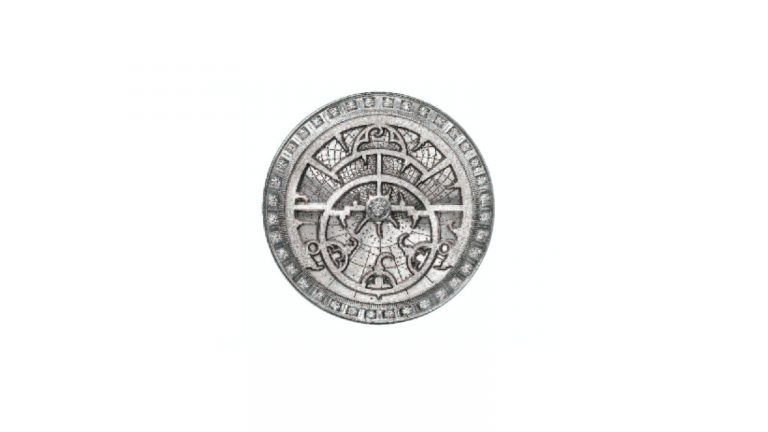
Hizbullah ban panders to pro-Israel lobby

The decision of the Home Secretary Sajid Javid to place Lebanese group Hizbullah on the list of proscribed organisations under the Terrorism Act 2000 is nothing to do with terrorism and everything to do with gagging anyone who supports the struggle for Palestinian rights.
Javid’s order, which comes into force on Friday 1 March, will subject anyone expressing support for the political wing of the Lebanese movement to a prison sentence of 10 years, the same punishment that currently applies to supporting its military branches.
IHRC has strong grounds to believe that the policy change has been forced by pressure from extremist Zionist groups in the UK in their campaign to silence those who continue to support the Palestinians’ legitimate and internationally recognised right to resist occupation through armed struggle if necessary.
For several years pro-Israel lobby groups have harangued successive home secretaries and London mayors to ban demonstrators from flying the green and yellow Hizbullah flags at the annual al-Quds Day parade which takes place in London at the end of the Muslim holy month of Ramadan. However, because the government made a distinction between the political and military wings of Hizbullah the demands were reluctantly rejected.
Indeed, what is conspicuous in the various reasons given for banning all wings of Hizbullah is the absence of any mention of terrorism. In the government’s official statement Javid cites the need to “ban any terrorist organisation which threatens our security and safety” and Hizbullah’s “attempts to destabilise the fragile situation in the Middle East”.
Yet there is no attempt by the Home Secretary to explain how Hizbullah poses a threat to the UK. Nor is it made clear why Hizbullah’s “destabilising” activities in the Middle East would necessitate it being deemed a terrorist organisation. Many groups operate all over the world with political interests that diverge or are in direct opposition to UK interests, but that is not sufficient reason to brand them “terrorist”.
We also find it somewhat paradoxical that the Foreign Secretary Jeremy Hunt can claim in the same statement that “we are staunch supporters of a stable and prosperous Lebanon” and simultaneously ban a major constituent of that country’s government. Hizbullah holds 13 seats in Lebanon’s parliament as part of the governing coalition. Is Britain now saying that the millions of people who voted for Hizbullah, who include Christians, are supporters of terrorism? And what of the Lebanese expats in the UK who in the future will vote in their country’s elections from British soil? Will they too fall foul of the order?
IHRC chair Massoud Shadjareh said: “In the absence of any explanation of what this ban has got to do with terrorism one can only conclude that it is a knee-jerk reaction to appease the rabid pro-Israel lobby and shut down support for those groups that support the Palestinian cause.”
For more information or comment please contact the Press Office on (+44) 20 8904 4222 or (+44) 7958522196[ENDS]
——————————————————————————————
IHRC is an NGO in Special Consultative Status with the Economic and Social Council of the United Nations.
Islamic Human Rights Commission
PO Box 598
Wembley
HA9 7XH
United Kingdom
Telephone (+44) 20 8904 4222
Email: info@ihrc.org
Web: www.ihrc.org
Twitter @ihrc
IHRC is an NGO in Special Consultative Status with the Economic and Social Council of the United Nations.
Islamic Human Rights Commission
PO Box 598
Wembley
HA9 7XH
United Kingdom
Telephone: (+44) 20 8904 4222
Email: info@ihrc.org
Web: www.ihrc.org
Twitter: @ihrc
Help us reach more people and raise more awareness by sharing this page
Featured Campaigns
Trending Posts


Joint IHRC/DIN/SACC statement on Telegraph article

10 years on, justice still eludes Zaria massacre victims

The Ties That no Longer Bind

